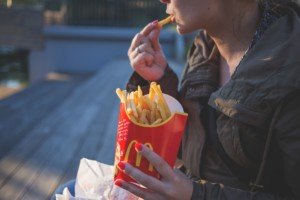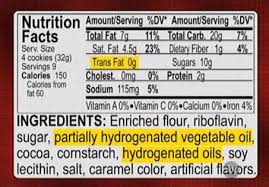
Ever notice an increase in heart rate when eating or swallowing?
Perhaps you can feel your heart rate increase upon eating or swallowing; or, maybe you accidentally discovered this by happening to take your pulse while eating.
At any rate, there is a distinct reason why heart rate can increase as a result of eating, which includes the act of swallowing. As far as a faster heart rate, eating and swallowing are one and the same.
“Eating and swallowing affect the autonomic nervous system,” says Teresa Caulin-Glaser, MD, a cardiologist and senior vice president with Service Lines, OhioHealth.
“The autonomic nervous system has two arms that can impact the heart rate:
1) the sympathetic system, which increases the heart rate
2) the parasympathetic, that slows the heart rate. When a person is eating and swallowing, the parasympathetic nervous system, specifically the vagus nerve, is inhibited.
“As a result of the inhibition of this nerve when eating and swallowing, there is a temporary increase in a person’s heart rate (by inhibiting the parasympathetic component of the nervous system the heart rate increases).”
So that’s the reason why heart rate increases while you are eating or swallowing.
Not knowing why this occurs can be scary for some people, particularly people who have risk factors for a heart attack, or who’ve had cardiovascular issues in the past.
Rest assured, a faster HR while eating is nothing to worry about. What you should be more concerned with is what you’re eating.
Some food items are harmful to cardiovascular health, such as trans fats, hydrogenated or partially hydrogenated vegetable oils, and saturated fats.
Read ingredients on the back of the packaging, box or can to see if these fats are in the product.
Forget what it says on the front of the package.
“No trans fat” simply means less than a minimal amount of trans fat in the serving size that’s listed on the nutrition label.
This is a manufacturer’s trick.
The real story is in the list of ingredients.
So next time your heart rate speeds up while eating and swallowing, go easy on the red meat and butter, and heavy on the whole grains, vegetables and fruits. And that’s, of course, after you exercised for a full hour.









































